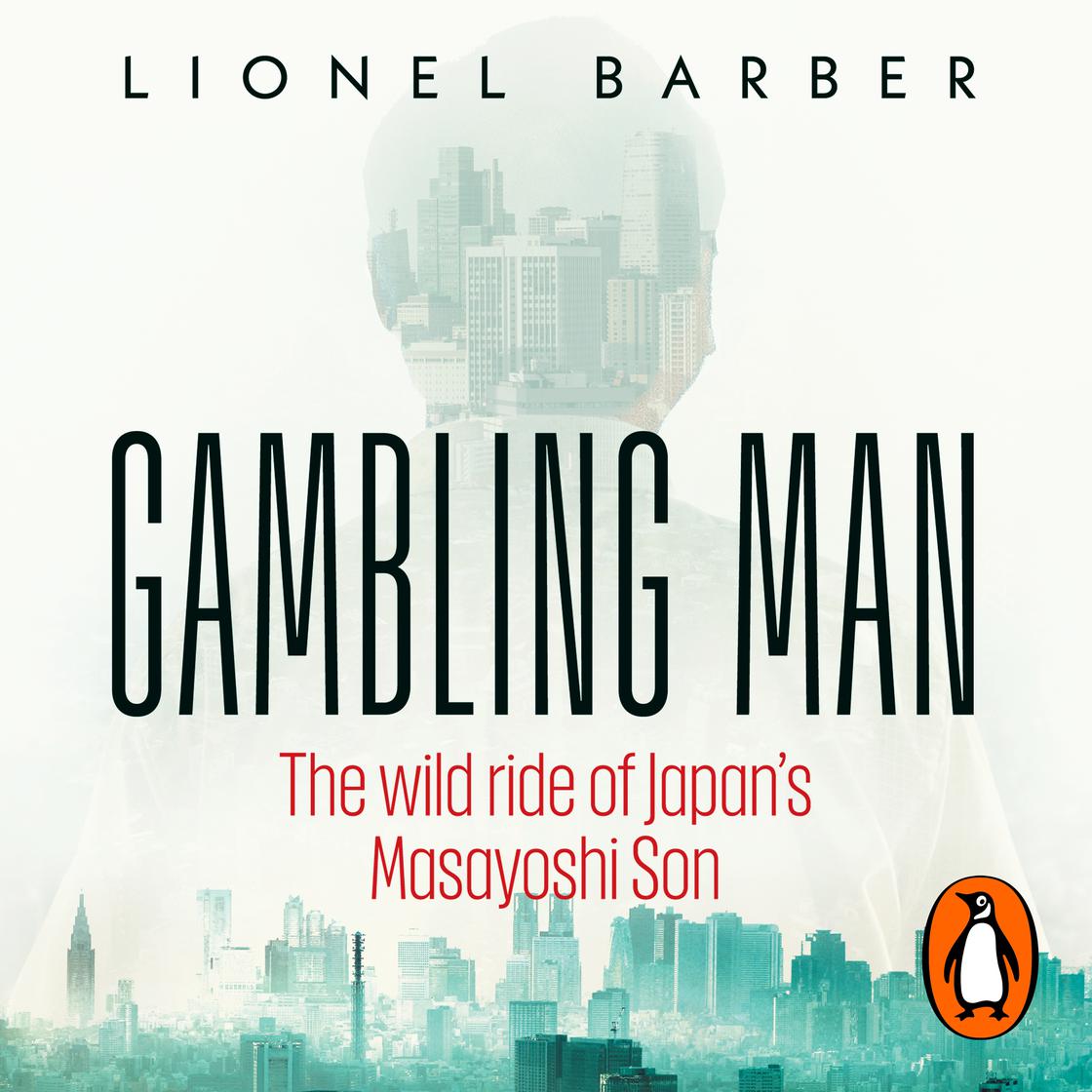Review: Gambling Man, by Lionel Barber
SoftBank is a company that I’ve seen crop up in random places over the past fifteen or so years. They have always seemed a bit of a wildcard. Their purchase of ARM always sturck me as strange - why was this Japanese company specifically interested in a chip design firm here in the UK?
With this book, SoftBank starts to be a bit more explicable. I almost said “it makes more sense” but I think what I’ve really taken away from this is that my previous impression of the company being strange and not making much sense, was an accurate one. And the life and guidance of Masayoshi Son, SoftBank’s founder and CEO, the guiding force for the company for most of its life, has a direct cause and effect relationship with that strangeness.
The book makes clear that even though today he’s one of the richest people in the world, Masayoshi Son came from a destitute background. The stories of racism against him, of hiding his identity as an ethnic Korean, of the slums he lived in, are all enormous challenges in his early life, that you wouldn’t wish on anyone. That he overcame them is both incredibly impressive and unfortunate that he’d had to at all. Contrast that to his later life in SoftBank, with the underground Tokyo apartment complex that houses a custom built indoor golf course designed to mimic famous courses from around the world, the jet-setting life that circled the globe every few days, and the hundreds of billions of dollars that he wielded through SoftBank. As the book’s subtitle says, it’s a wild ride.
Over the course of the story, Masayoshi Son’s story manages to tip a bit, from eminently empathetic and well deserved success over adversity, to a level of wanton maverick that seems to be something of a danger to the markets SoftBank interacts with. I can’t help but think that the tilt toward financialization of everything, which SoftBank embraces, ends up defeating the actual purpose of money and society. That after a certain layer of derivatives and accounting tomfoolery, the folks involved have forgotten that the purpose of a business should be to do something, not to exploit the mathematical properties of the concept of money to create larger numbers.
But that’s more about the story of the man. The story of this book does a good job of covering a lot of ground in Masayoshi Son’s life and affect on the world. I feel like a lot of pieces slot together of where I’ve seen SoftBank now that I read this in more detail. Lionel Barber doesn’t idealize his protagonist, has some criticism for him, but is overall I think on Masayoshi’s side. It’s an interesting take that largely casts Masayoshi Son as an aspirational technologist. With the actions described in the book, I could believe it. Certainly it would explain some of the wackier choices.
The risk with this kind of book, even with an exciting main character, is that it becomes a bit of drudgery. Real life rarely stacks up a neatly arranged narrative like fiction does, but Lionel Barber puts one together here. The arc of Masayoshi Son over the course of the not-quite-chronological story of his life is clear - meteoric rises punctuated by precipitous falls, but in the long arc his life trends upwards.



